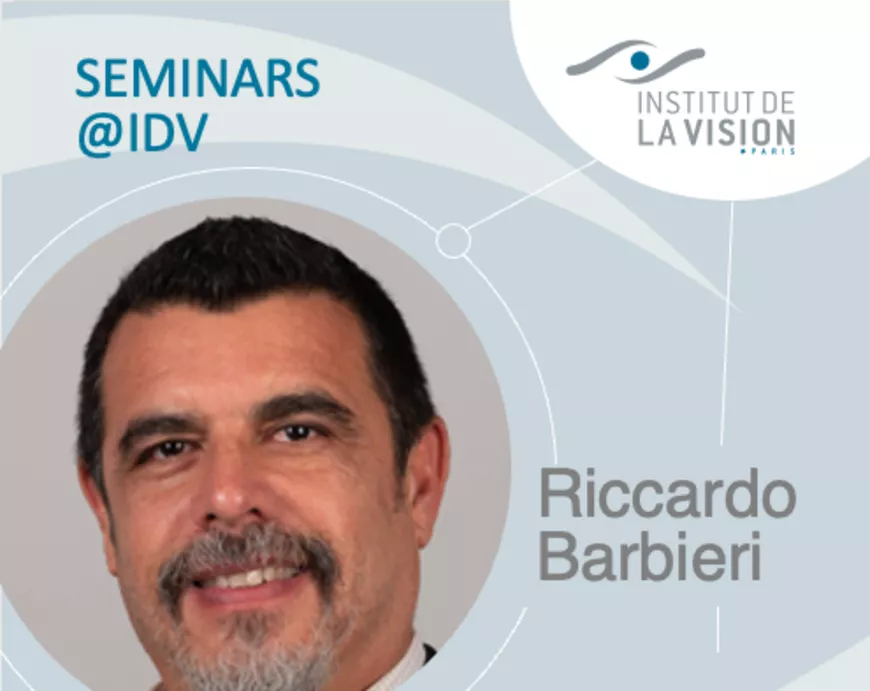Importance of Data Science in clinical and non-clinical settings: Advanced Data and Signal Processing Paradigms
Invited by Chiara Boscarino et Ulisse Ferrari, Pr Riccardo Barbieri (Department of Electronics, Information and Bioengineering at the Politecnico di Milano-Italy) will speak on Thursday April 10. Meet at 11.30 AM - Salle Lusseyran.

Abstract
In this talk, Prof. Barbieri will discuss the main problematics that a Data Scientist should consider when dealing with the many challenges associated with scientific research in general, and more in particular facing scientific investigations in the clinical world. The presentation will focus on specific methodological and applicative examples centered on Artificial Intelligence and Machine Learning paradigms. More practical aspects will be discussed by presenting specific studies involving physiological signal acquisition and processing, particularly within the fields of neuroscience and cardiology. You will see how information can be extracted by monitoring clinical data and physiological measures, so that it can be used to foster basic knowledge of specific biological systems, as well as to improve the decisional support to the scientist and the physician.
About prof. Barbieri
Riccardo Barbieri received the Master Degree (Italian Laurea) in Electronic Engineering from Universita’ di Roma “La Sapienza”, Rome, Italy in 1992 and the Doctorate Degree (PhD) in Biomedical Engineering in 1998 from Boston University, Boston, MA, USA. Dr. Barbieri is currently a Full Professor in the Department of Electronics, Information and Bioengineering, Politecnico di Milano, Milano, Italy. Since 2015 he has been teaching the course “Bioelectrical Signal Processing and Modeling” and the course “Advanced Signals and Data Processing in Medicine” at Politecnico di Milano, Milano, Italy.
Prof. Barbieri’s research activity is in the field of modeling of biological systems, biomedical signal processing, and computational neurosciences. His broad research interests are in the development of signal processing algorithms for the analysis of biological systems. He is currently focusing his studies on A.I.-based computational modeling of neural information encoding, and characterization of cardiovascular control pathophysiology in the clinical environment.
